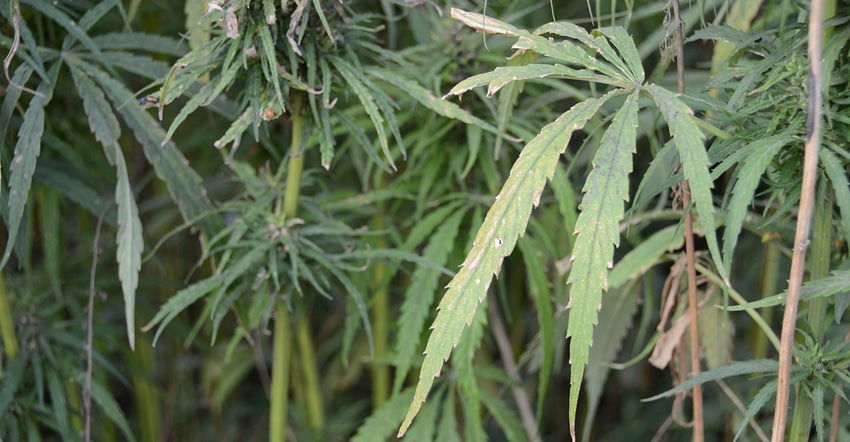
Will South Dakota Gov. Kristi Noem stop opposing industrial hemp now that USDA has published its interim final rule for legal production?
I think the governor should. USDA has laid out what states and tribes need to do to legally grow industrial hemp. It has established a lot of safeguards, licensing requirements and other regulations.
In my opinion, there four reasons that Gov. Noem should support legalization industrial hemp production in South Dakota:
There’s a chance that hemp could be a good opportunity for farmers to make some money.
It offers a chance to diversify income sources.
It is good for the land.
Law enforcement issues seem to be manageable. After all, all but four states have legalized the crop.
Industrial hemp won’t be risk free, though.
Markets are thin, and supply could be easily overwhelm demand — especially before the U.S. markets grow exponentially. Farmers will have to be careful.
Remember Jerusalem artichokes? They were promoted as a fantastic new crop in the late 1970s and early 1980s, but there never was a market for them except for seed.
I’m sure there will be law enforcement problems with industrial hemp, too. Some people may try to grow and sell industrial hemp without getting licensed. Drug dealers will likely try to grow and ship marijuana with industrial hemp. Noem says she has opposed industrial hemp because it is a backdoor to legalizing marijuana. It is also difficult and expensive to tell industrial hemp and marijuana apart, she says.
Hopefully, a technology solution will be found.
It’s important to move forward and take some risks. Industrial hemp is worth the risk.
About the Author(s)
You May Also Like






